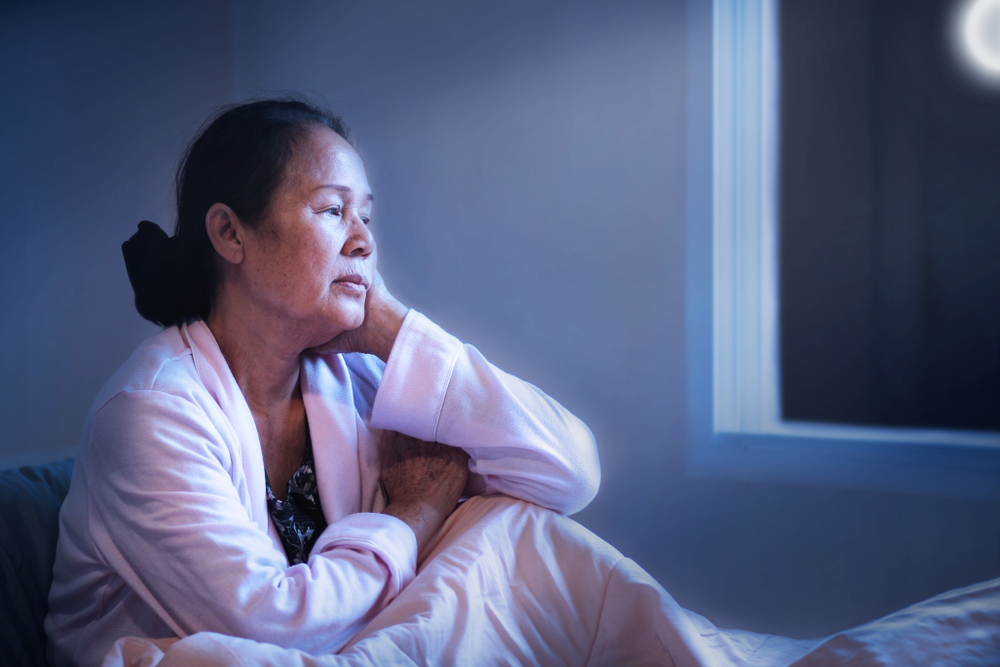Elderly Bed Wetting Solutions
Category:

Bedwetting in older adults is more common than you may think. There are a myriad of causes and luckily a variety of elderly bedwetting solutions as well.
Causes of Bedwetting in Seniors
Although bedwetting at night, or nocturnal enuresis, is commonly associated with young children, it can happen to seniors as well. One cause of elderly bedwetting is a neurological condition like Parkinson’s, Multiple Sclerosis, or Dementia. These conditions affect the relationship between the brain and bladder, causing accidents and delayed communication. A UTI can also cause bedwetting in adults. Other causes of nighttime incontinence for seniors include diabetes, an overactive bladder, bladder or prostate cancer, or medication side effects.
Elderly Bed Wetting Solutions
Sudden onset bedwetting in adults can be frustrating and embarrassing. It may make someone reluctant to travel and spend the night somewhere other than their own bed. There are many things you can do to reduce or stop adult bedwetting.
-
Monitor Fluid Intake – Drinking less fluid in the late afternoon and evening leads to less urine production during the night. Avoiding alcohol and caffeine can also be helpful since those liquids irritate the bladder.
-
Bladder Volume Training – You can “train” your bladder to hold more urine by drinking large amounts of liquid and then waiting 2 to 3 hours to pee. Eventually, the bladder capacity will increase and you will need to pee less often.
-
Bed Wetting Alarms – Bedwetting alarms, which can be a sound or vibration, alert the senior as soon as the accident begins, allowing them to stop peeing in bed and get to a bathroom. Eventually, the body learns to wake up to the urge to pee before wetting the bed. Like bladder volume training, this method takes time and commitment.
-
Scheduled Nighttime Voiding – This technique involves setting alarms at different times each night to wake up and pee, therefore avoiding soiled linens. The key to this technique is waking up at a different time each night so the bladder does not become used to a specific time.
-
Medication – There are some medications that can be used for bedwetting treatment in the elderly, though these medicines often only work for as long as they are taken.
Download Our Sleep Habits Guide
If you or a loved one begins to experience bedwetting, the first step is tracking it. Keep a journal and make note of urination during the day and night, the timing of “accidents” during both day and night, an estimated amount of urine voided each time, and amount and types of beverages consumed during the day. All of this information will be very helpful when you speak to your medical provider. And though it may feel awkward and embarrassing, remember your doctor has almost definitely heard worse, and their job is to help you feel better. They can’t do that if you don’t tell them about the problem.
Subscribe
Date: 2022-03-29
Category:


